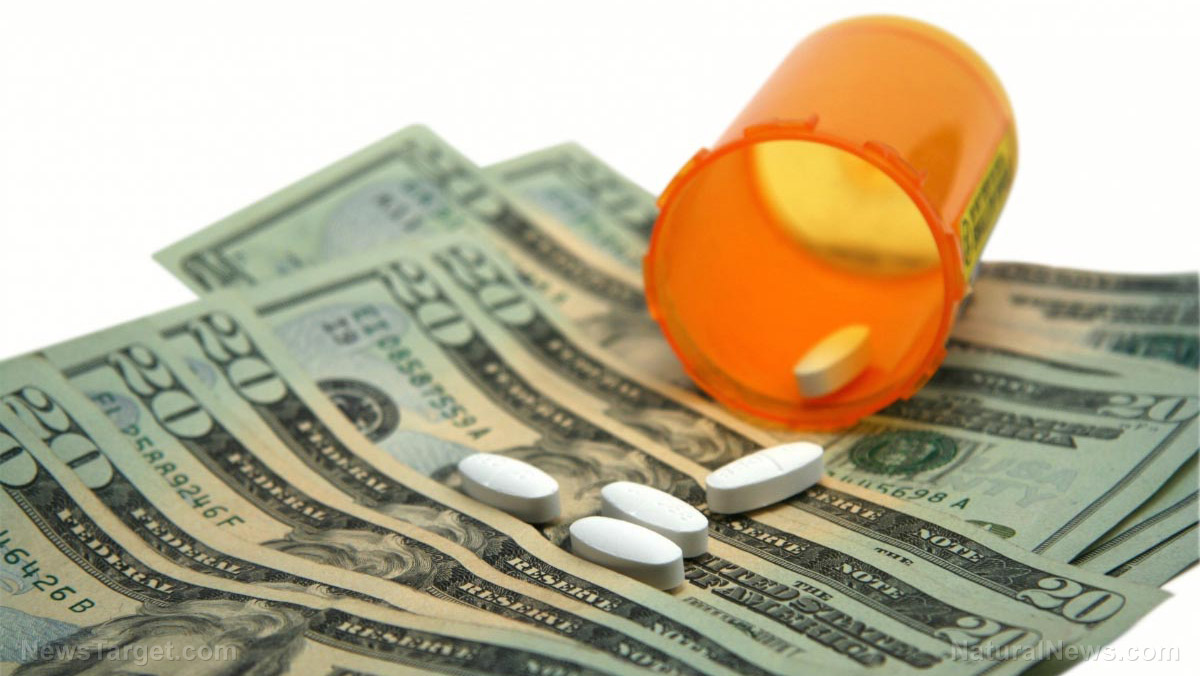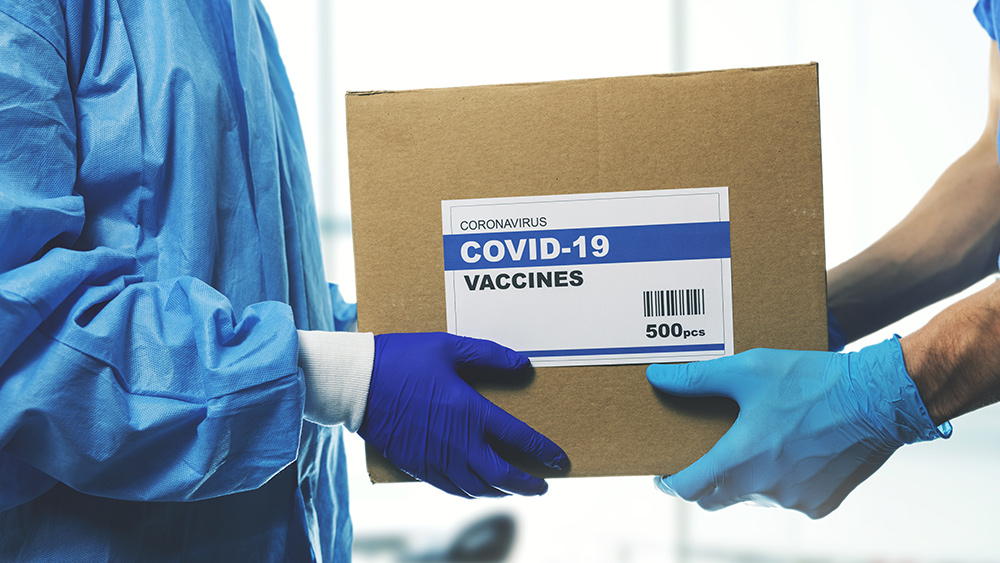The opioid epidemic in context: Expert reviews the history, facts
11/06/2017 / By Cassie B.

Opioid use and drug overdose deaths have both risen astronomically in the U.S. recently, and it’s hard to avoid headlines about what has become the top cause of accidental death in the nation. It’s common knowledge by now that the country has a serious opioid problem, but how did we find ourselves in this dire situation?
Like many of the health problems facing America, Big Pharma played a key role. The Heller School for Social Policy and Management’s Co-Director of Opioid Policy Research, Dr. Andrew Kolodny, recently detailed the epidemic’s history on The Conversation, and he warned that the problem is going to get worse before it gets better.
Opioids like oxycodone and hydrocodone stimulate the brain’s opiate receptors, and their effects on the brain are just like those of heroin. Opioids are useful for palliative care – for example, in easing the pain of cancer sufferers during their final days of life. However, they are now being prescribed for all sorts of minor conditions, like back pain, when something far less dangerous could have solved the problem.
This is where opioids can become a big problem. The risks of using them in the long term far outweigh any of their potential benefits from a painkilling standpoint. Not only have they not been proven to be effective for long-term daily use, but they can even exacerbate pain when used chronically in a phenomenon known as hyperalgesia.
Dr. Kolodny pointed out that the rates of addiction and opioid overdose deaths rose in parallel with the flux of opioid prescriptions that came about thanks to concerted efforts by pharmaceutical companies. He said that professional societies and hospitals were involved in campaigns that minimized the risk of opioid use and exaggerated their benefits, saying that people were suffering needlessly from an overblown worry of addiction. This grand deception of the medical community is the reason many opioid manufacturers are currently facing lawsuits filed by various states and counties.

The rise in heroin overdoses is also connected to the opioid crisis, with young adults who developed an addiction to prescription opioids switching to the cheaper alternative of heroin over time. This has led to a more dangerous heroin supply to meet the demand, spurring the spike in heroin overdose deaths that has been seen since 2011. In many cases, the synthetic and cheap opioid fentanyl was either mixed in with the heroin or passed off as heroin to unsuspecting buyers. Last year, deaths that involved fentanyl overtook those involving heroin and prescription opioids.
Overprescription rampant
The main problem, however, is the fact that the medical community is still overprescribing opioids. It’s what got us into this mess in the first place, and it’s going to keep us there for the foreseeable future because there haven’t been any serious crackdowns on prescription practices.
The U.S. per capita consumption of opioids is dramatically higher than that of other developed nations. Dr. Kolodny said that the medical community needs to become a lot more cautious when it comes to prescribing these drugs, and he’d also like to see governments providing addicts with access to effective treatment for their addictions.
He said: “Until effective treatment for opioid addiction is easier to access than opioid painkillers, heroin or fentanyl, opioid overdose deaths are likely to remain at record high levels.”
The statistics are disheartening: Overdose deaths caused by pain medications have risen by more than 300 percent since 1999, and more than 12 million Americans used prescription paid meds for non-medical reasons in 2010. It’s a problem that affects not only those who take these drugs but also their loved ones and society at large, and it’s going to take a huge effort to start chipping away at it. Unfortunately, as long as Big Pharma’s influence on regulators remains tight, true progress seems unlikely.
Sources include:
Submit a correction >>
Tagged Under:
addiction, Big Pharma, Collusion, corruption, Fentanyl, opioid addiction, Opioids, Overdoses, overprescription, painkillers
This article may contain statements that reflect the opinion of the author





















